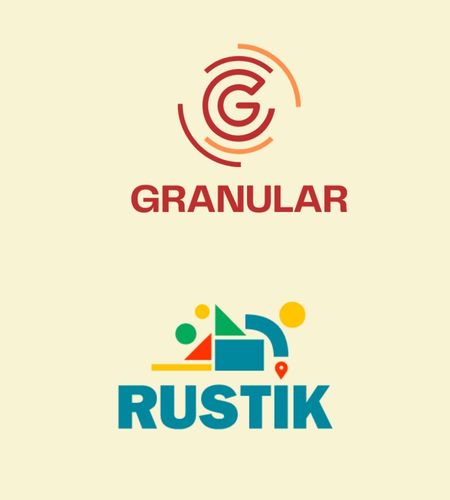
Rural areas cover 80% of the European Union’s surface and represent 30% of its citizens. Today, rural areas have to face several challenges that hinder their digital and green transition, such as climate change, ageing and lack of broadband connection.
Nevertheless, the European Member States still lack a wide picture of the needs that rural areas have across different rural territories, being islands, coastal, inner areas etc, and their opportunities.
That’s why the European Commission pays a specific attention to rural areas through the European Long-Term Vision for Rural Areas and financed new projects seeking for new data and tools to support these territories.
In the last few months, the European projects GRANULAR and RUSTIK kicked-off.
GRANULAR – which stands for “Giving Rural Actors Novel Data and Re-Usable Tools to Lead Public Action in Rural Areas” – is a four-year project financed by the European programme on research and innovation and led by the Mediterranean Agronomic Institute of Montpellier.
GRANULAR’s goal is to generate new insights to characterise rural diversity by generating novel datasets and methods to better understand the dynamics, drivers and fluidity of rural areas.GRANULAR will run 7Living Labs in different regions of Europe (France, Netherlands, Poland, Spain, Sweden, United-Kingdom) and 9 Replication Labs in other countries (Albania, Finland, Greece, Italy, Latvia, Lithuania, Moldova, Romania and Serbia). In addition, a Rural Compass will be created to consider how different challenges affect rural areas and how policy makers should design effective rural policies to address them.
RUSTIK – which stands for “Rural Sustainability Transitions through Integration of Knowledge for improved policy processes” is also funded by the European Union’s Horizon Europe programme. Led by the Institute for Rural Development Research, it aims to enable rural communities’ actors and policymakers to design better strategies, initiatives and policies fostering sustainability transitions of rural areas. Environment, climate-energy, socio-economic and digital will be the key transition pathways studied in the project. RUSTIK will run 14 Living Labs in 10 European countries as to generate new insights into rural diversity and societal transformations.
Stay tuned to know more about both projects!
Published by Carla Lostrangio